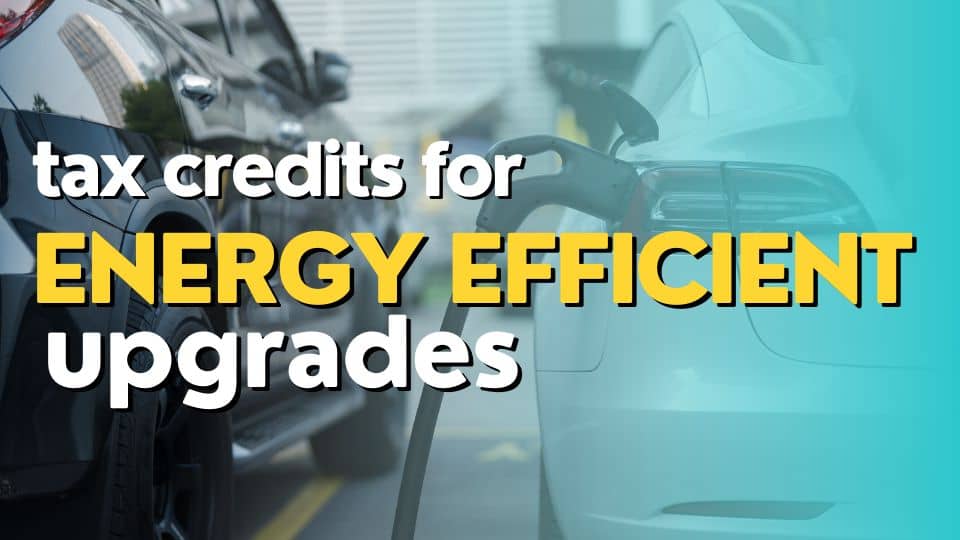
Planning to get a bit more energy efficient? You might qualify for a tax credit.
Tax Credits for Being More Energy-Efficient
Byron McBroom from One Stop Tax Strategists is joining us at the November Meeting to share some of his top strategies to reduce your taxes – drastically. But if you are thinking about being a bit more energy-efficient, there are basic government tax credits that can help you save and pay for those upgrades.
The new law extends and expands three tax credits intended to encourage homeowners to make their homes more energy efficient and facilitate the use of electric vehicles.
Energy Efficient Home Improvement Credit
The new law creates the 2023 Energy Efficient Home Improvement Credit that helps homeowners pay for various types of energy efficiency improvements, including
● exterior windows, skylights, and doors;
● home insulation;
● heat pumps, water heaters, central air conditioners, furnaces, and hot water boilers;
● biomass stoves and boilers; and
● electric panel upgrades.
The old credit contained a tiny $500 lifetime cap. Lifetime caps are gone beginning in 2023.
Instead, the new law gives you a $1,200 annual cap along with specific caps on some improvements. But overall, you can perform many energy efficiency projects over several years and collect a credit each year.
This is for your primary home only.
Residential Clean Energy Credit
Most taxpayers earn the Residential Clean Energy Credit by installing solar. Two good things here. First, the new law extends the credit through 2034. Second, the new law increases the credit from 26 to 30 percent for eligible property placed in service in 2022 through 2032.
There is no annual or lifetime cap on this credit. The average solar project cost on a home is over $20,000, so this credit can save you more than $6,000. You can also apply this credit to the cost of storage batteries, solar water heaters, geothermal heat pumps, small residential wind turbines, and residential fuel cells.
Home Electric Vehicle Charger Credit
The new law extends through 2032 the tax credit for installing a home electric charger. The amount of credit remains the same: a non-refundable credit equal to 30 percent of the cost of a home charger, capped at $1,000. But starting in 2023, the credit will be available only for homeowners who live in low-income or rural areas.
To learn more ways to legally reduce your tax bill, be sure to join us at MAREI on Tuesday, November 14th. We will be joined by Byron McBroom from One Stop Tax Strategists.


